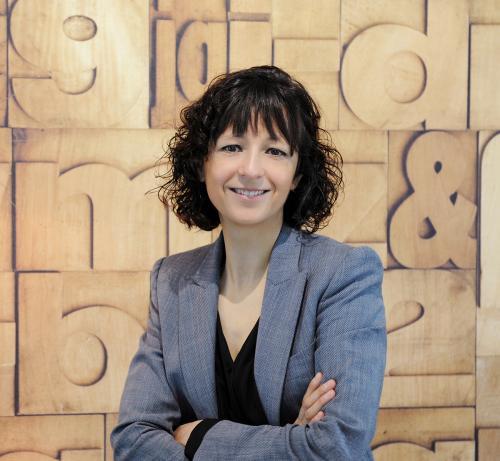18th Einstein Lecture: Prof. Dr. Dr. h.c. mult. Emmanuelle Charpentier
CRISPR-Cas9: Transforming life sciences through bacteria
Oct 25, 2018
The discovery of the CRISPR-Cas9 gene editing technology is considered one of the most important biotechnology breakthroughs of our times. Initially described as a bacterial immune system, the understanding of the CRISPR-Cas9 mechanism led to its development as RNA programmable molecular scissors that can modify DNA and its expression in multiple ways. Similar to a text editing software, the CRISPR-Cas9 technology can correct typos, delete or exchange letters and sentences in the DNA of living cells. In only six years, CRISPR-Cas9 has developed into one of the most dynamic and fastest-moving fields in life sciences with innovative applications in biotechnology, agriculture and medicine at the horizon. The lecture by Charpentier focussed on the individual steps of research that ultimately led to the discovery of the CRISPR-Cas9 technology, and on some relevant applications in life sciences.
Professor Emmanuelle Charpentier is Founding and Acting Director of the Max Planck Unit for the Science of Pathogens, Scientific Director at the Max Planck Institute for Infection Biology and Honorary Professor at Humboldt-Universität, Berlin. She has been widely recognized for her innovative research that laid the foundation for the ground-breaking CRISPR-Cas9 genome engineering technology. She has received prestigious international awards and distinctions and is an elected member of national and international academies. She is cofounder of CRISPR Therapeutics and ERS Genomics.

